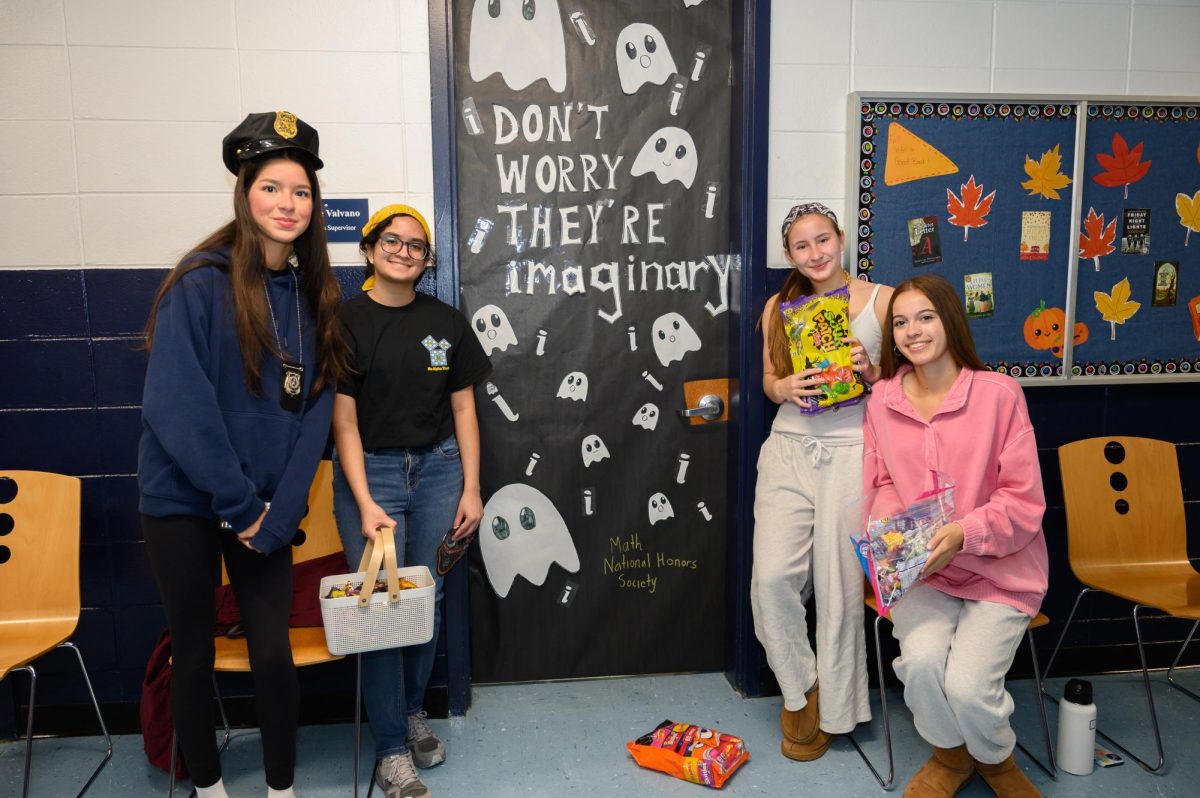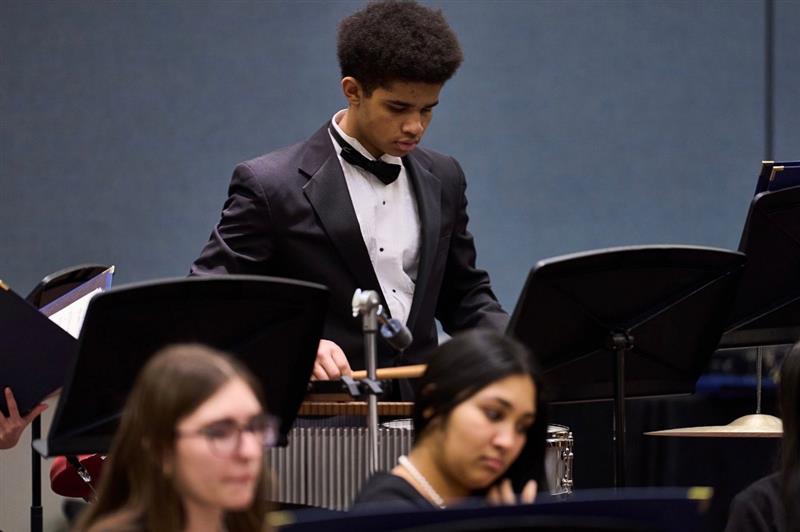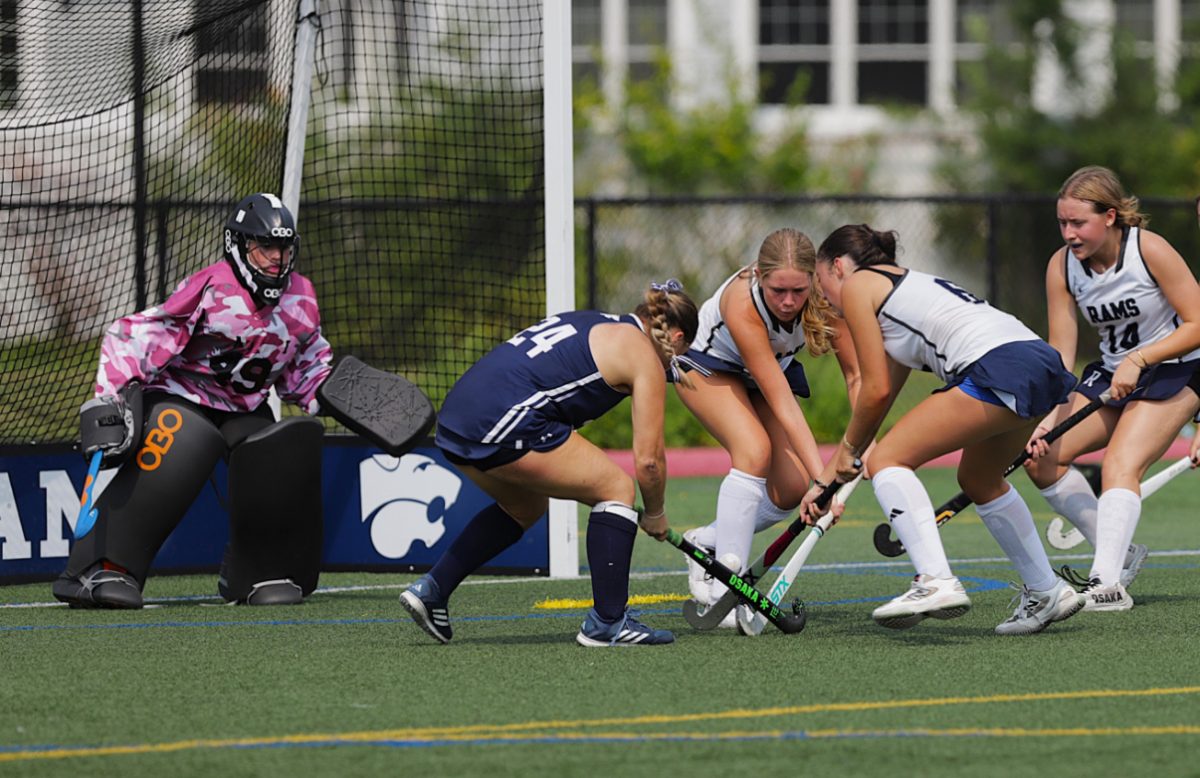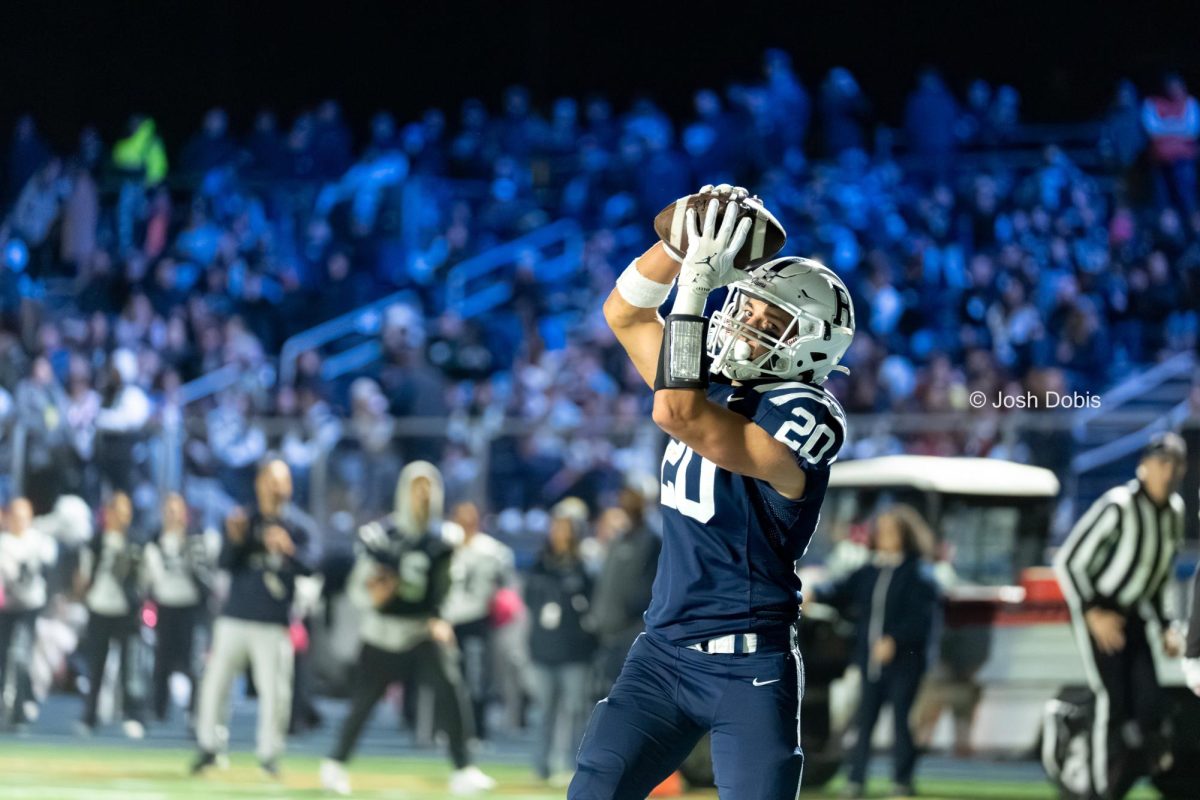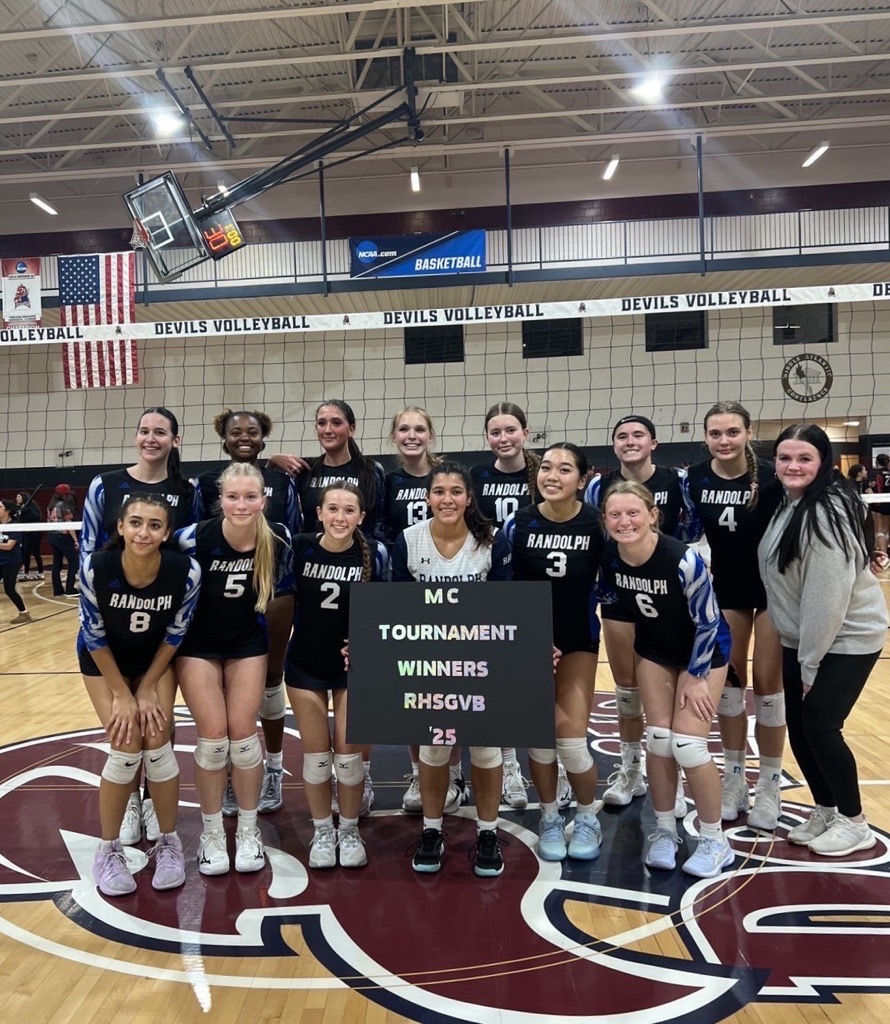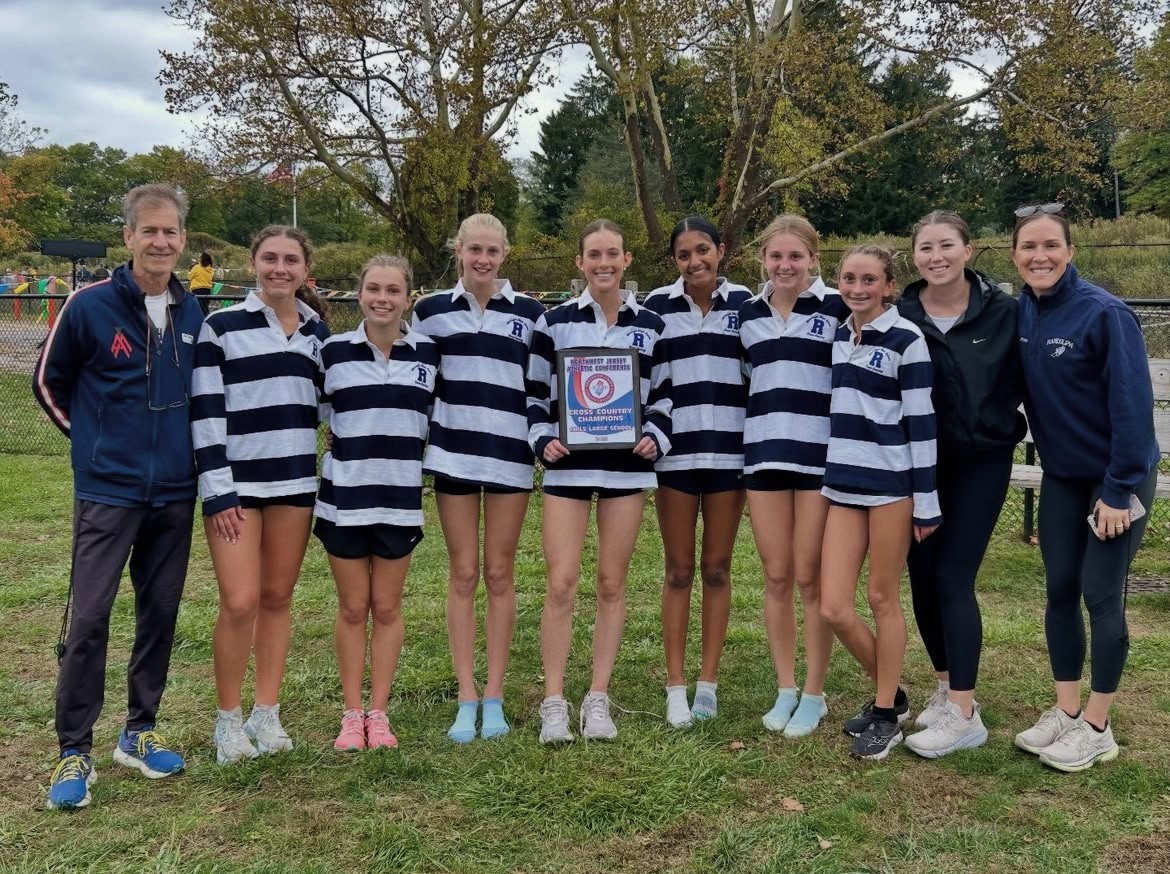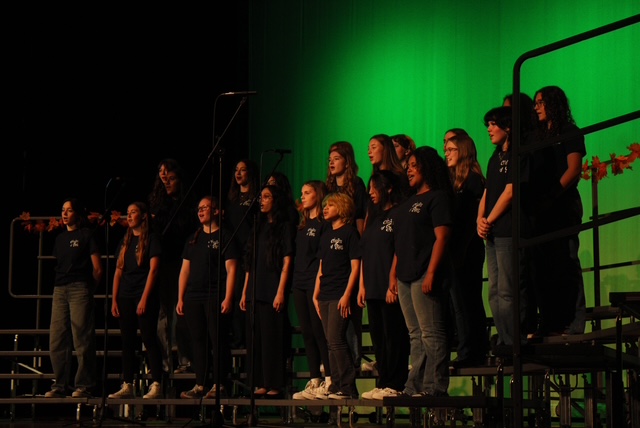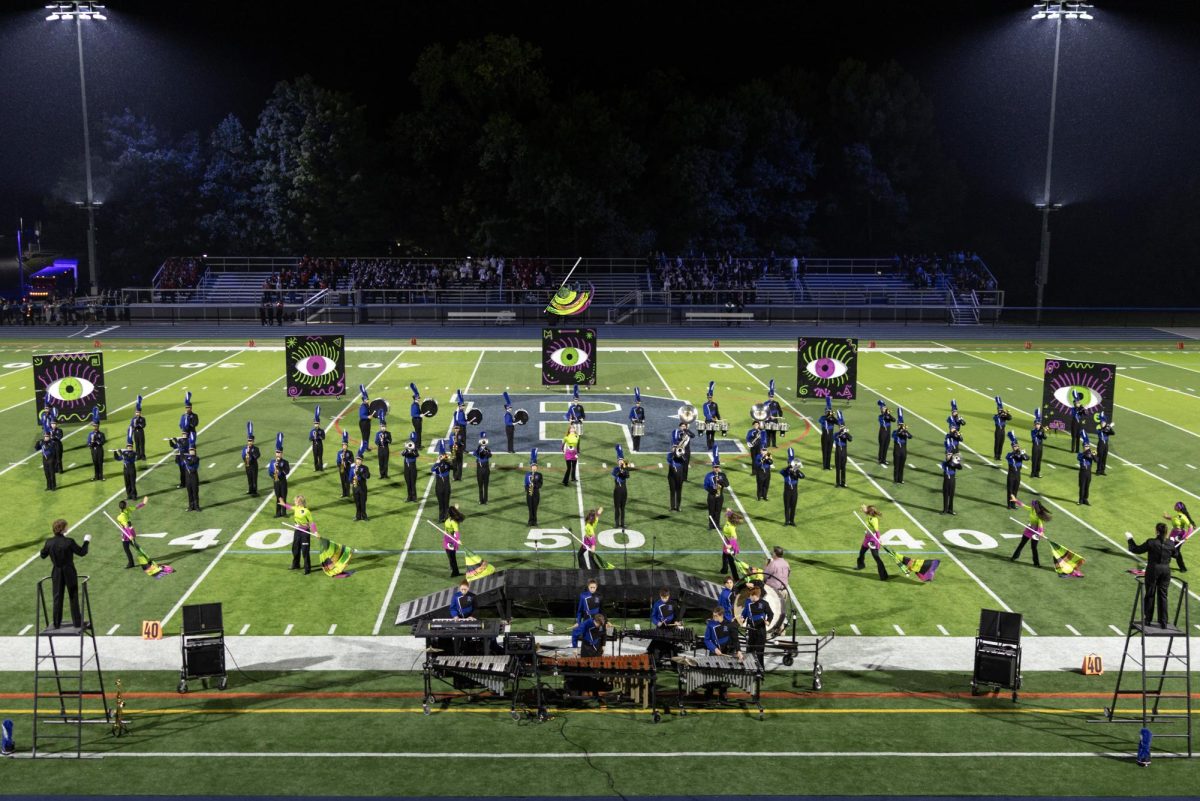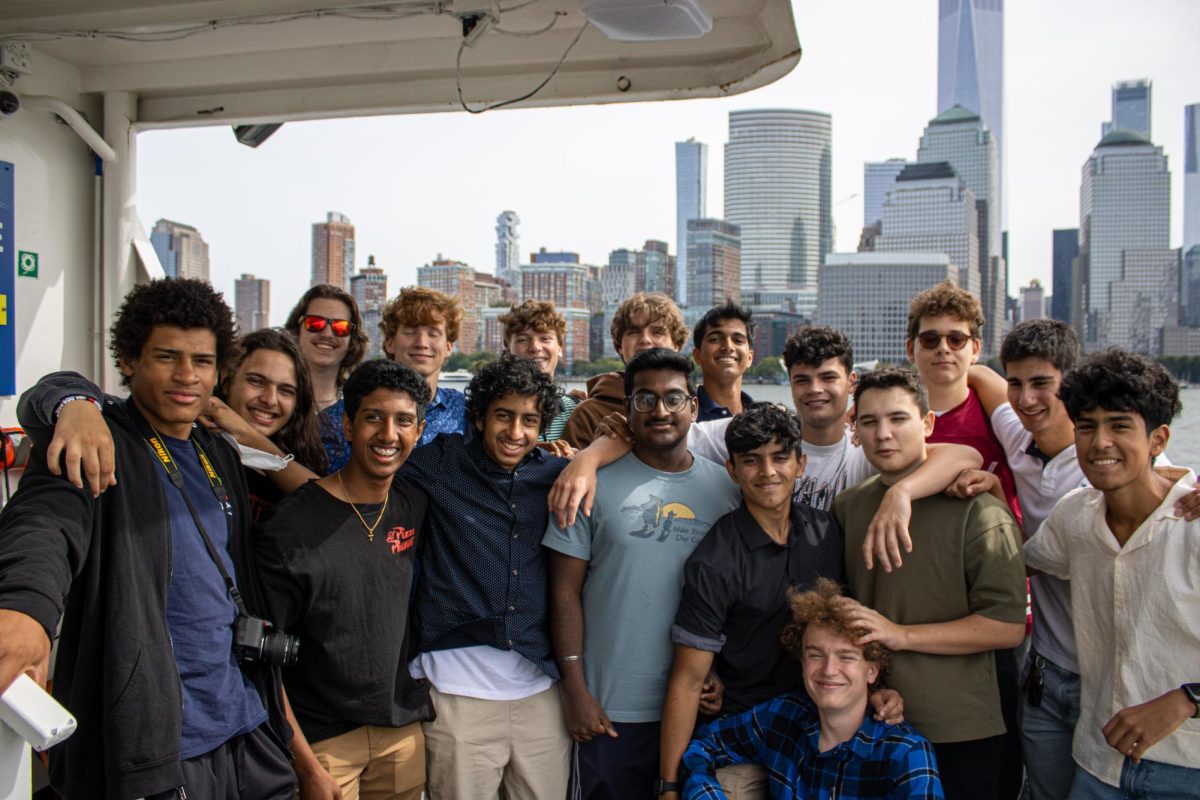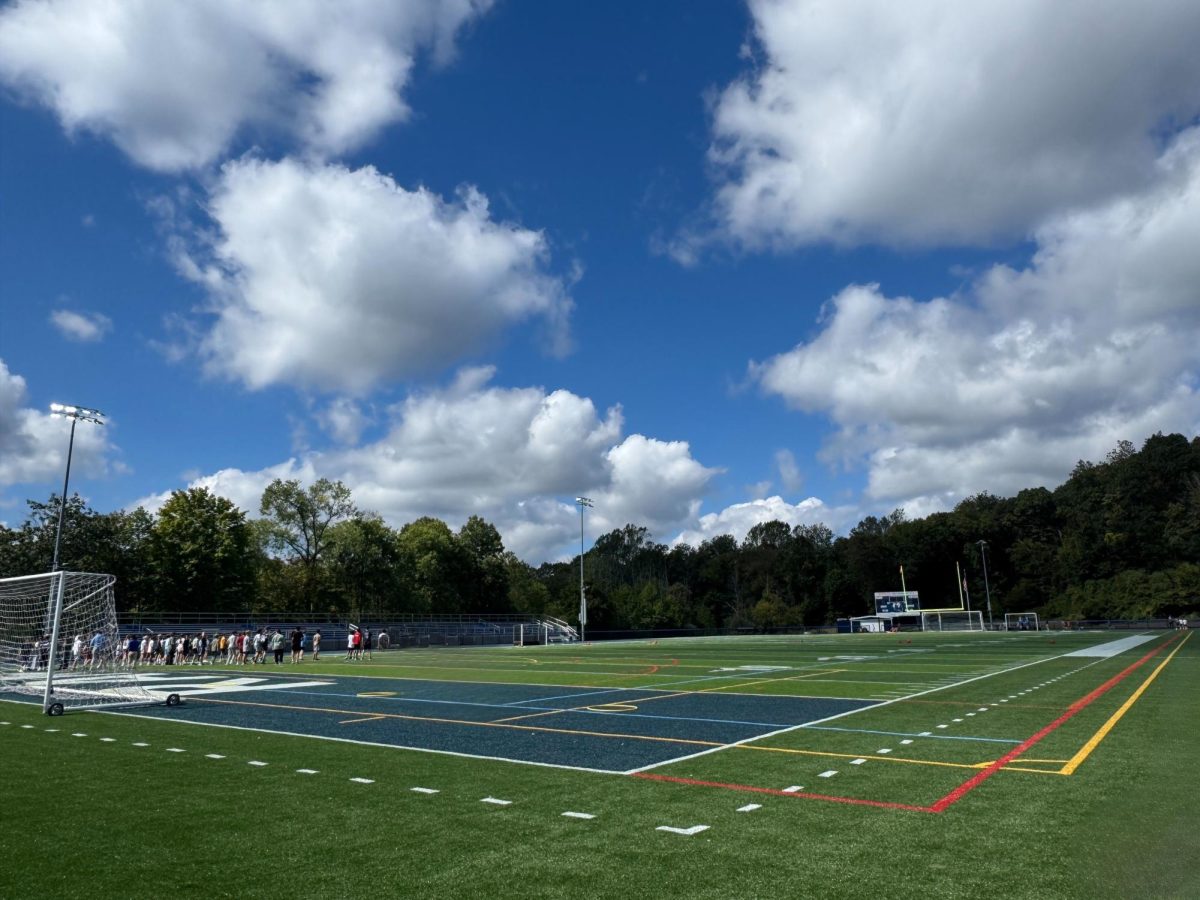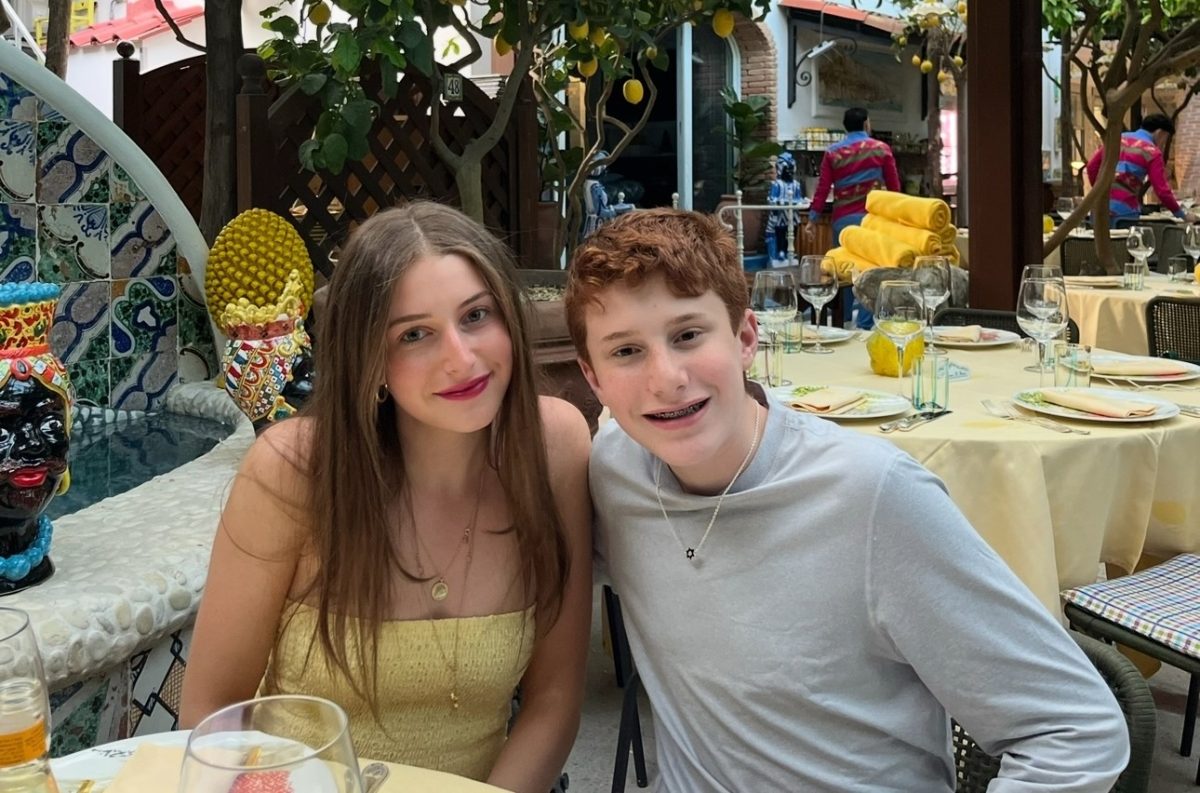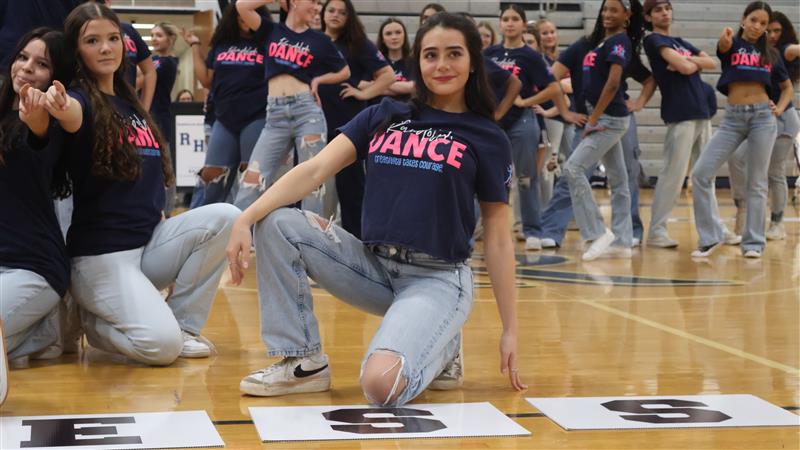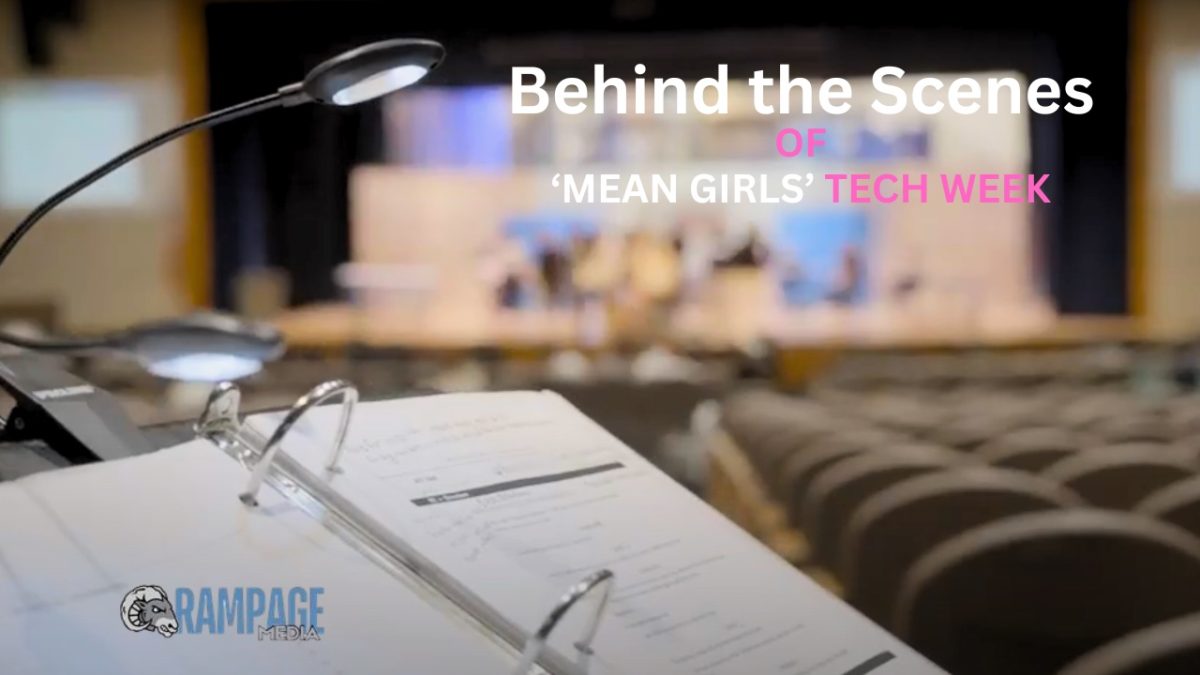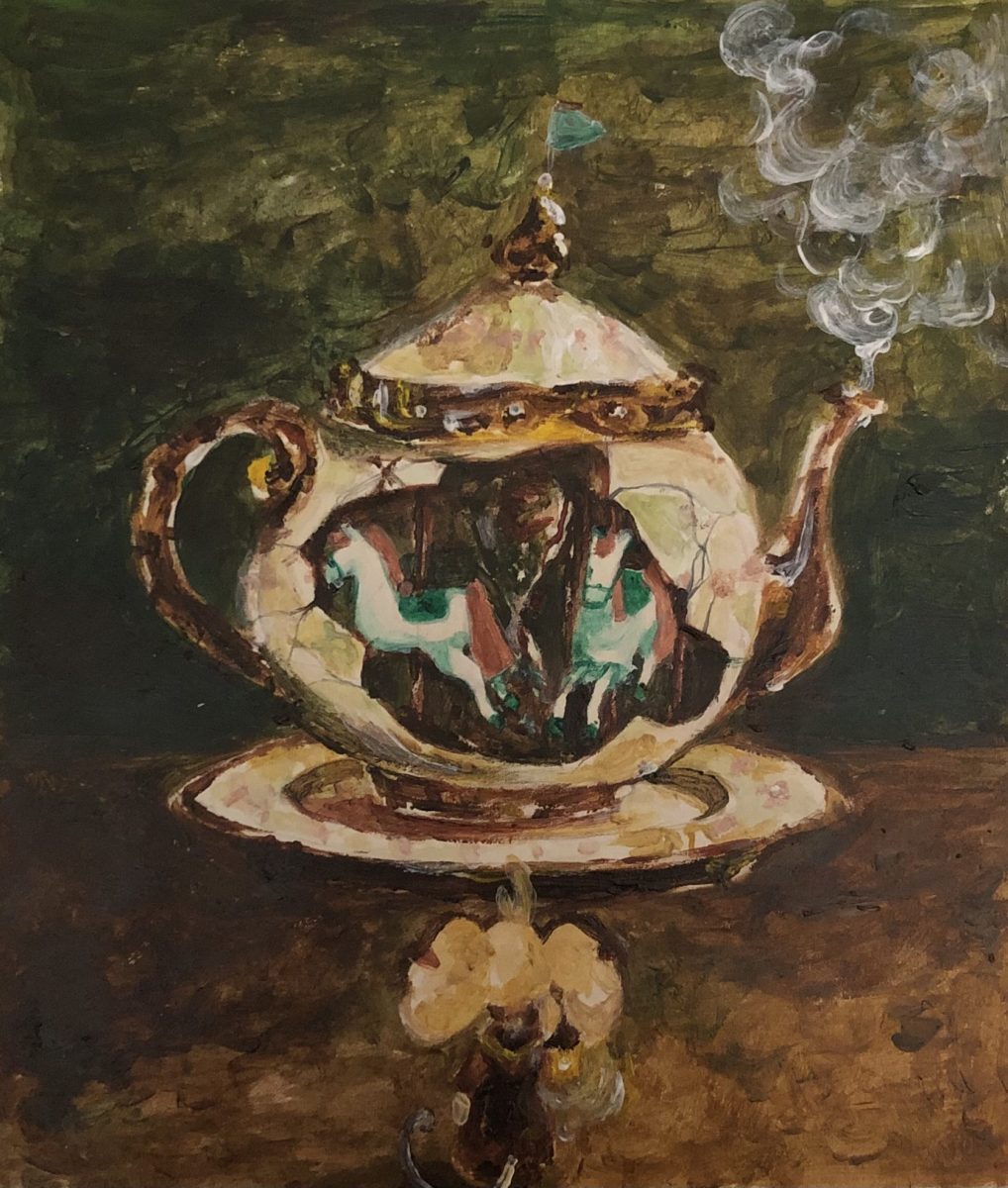A few weeks ago, I walked around my fourth and final Club Fair as a high school student. The moment was sentimental, as it was the last time I’d experience the gym filled with poster boards and sign-up sheets. It also made me reflect on the clubs I’d joined throughout my four years at RHS and the leadership roles I’d assumed in many of them. I saw these not just as positions to fill but also as opportunities to influence and elevate the spaces I was becoming a part of.
One of the most critical ideas instilled in students coming into high school is active participation and involvement. At first, I thought this concept was strictly for college applications—how many extracurriculars could win me a spot at a top university? So, being the scared and timid freshman I was, I haphazardly signed up for about eight clubs at the Club Fair. I’d like to disclose that, as a senior, I remain a member of only two of those clubs.
I’m not alone in over-committing to clubs and other extra- and co-curricular activities at the high school. “I was nervous as a freshman about how involved I should get, so I joined way too many clubs just to put them on my resume,” senior Brett Shuster said. “Now as a senior, many of my club memberships seem useless, and I didn’t even put them on my transcript.”
I quickly learned the impossibility of balancing memberships in eight separate organizations. There was no way I could fulfill the responsibilities and requirements of all these clubs while significantly contributing to any one of them. Often, I wasn’t even interested in what the club was doing, and my presence felt pointless.
I don’t want incoming freshmen to make the same mistake I did. Looking back, I feel foolish for believing clubs were only worth joining to boost an application; I needed to be interested and invested in the work I was doing.
Student Council has been my favorite organization since I joined freshman year. As my class’s Vice President, I have always enjoyed being a communicator. Bridging the gap between administration and my peers was something I did well and truly enjoyed. It allowed me to advocate for others, and it felt like I was making a real impact.
During my sophomore year, I had a better gauge of what I liked to do and what I was good at, so I could better tailor my choices to my interests and talents. This was the year Rampage, the news site you’re reading this article on right now, switched from paper to digital, and I saw an opportunity to expand my interest and involvement in videography. I spoke with the news site advisor, Janice Finnell, and we built a multimedia section together. For the first time, we posted packages and sports highlight videos showcasing a separate set of students’ talents that had never been publicized to the RHS community before.
Additionally, I took on a more active role in the Video Club since I wasn’t bogged down by clubs to which I no longer had any real connection. This shift in focus allowed me to hone my skills and contribute more meaningfully to the groups I cared about. It allowed me to transform ideas into action, creating lasting contributions to both Rampage and the Video Club.
We students should always strive to do out best, but it’s important to remember that high school is just one chapter in a much longer journey. If we make a mistake or realize something isn’t for us, it’s not the end of the world. We have our whole lives ahead of us to explore new opportunities, grow from our experiences and redefine our paths.
“Being involved is never worth feeling too much pressure,” Dean of Students Lindsay Reilley stated. ‘Participating in clubs is meant to be enjoyable and a learning experience and hopefully something you can use in the future.”
It’s also important for students to leave themselves free time to hang out with friends and enjoy the last year together. Being on this side of leadership has given me a new perspective, reminding me of how much I’ve grown since I first stepped into the Club Fair as a freshman.
Now it’s time to answer the essential question: How much leadership and involvement is too much? Leadership and involvement become too much when they start to feel more like obligations than opportunities for growth. If students find themselves overwhelmed by the sheer number of responsibilities, or if they’re no longer excited about the work they’re doing, it’s a sign that their plate may be too full.
Extra-curriculars should bring happiness and fulfillment not exhaustion or stress. The key is to choose activities that genuinely interest us and that align with our passions. We should be excited to attend meetings, lead initiatives and contribute to the group’s success. If the joy is missing, it’s time to reassess.
My involvement in clubs and activities, once I’d pared it down to what was meaningful to me, has truly shaped my high school experience, and I wouldn’t change it for the world.

